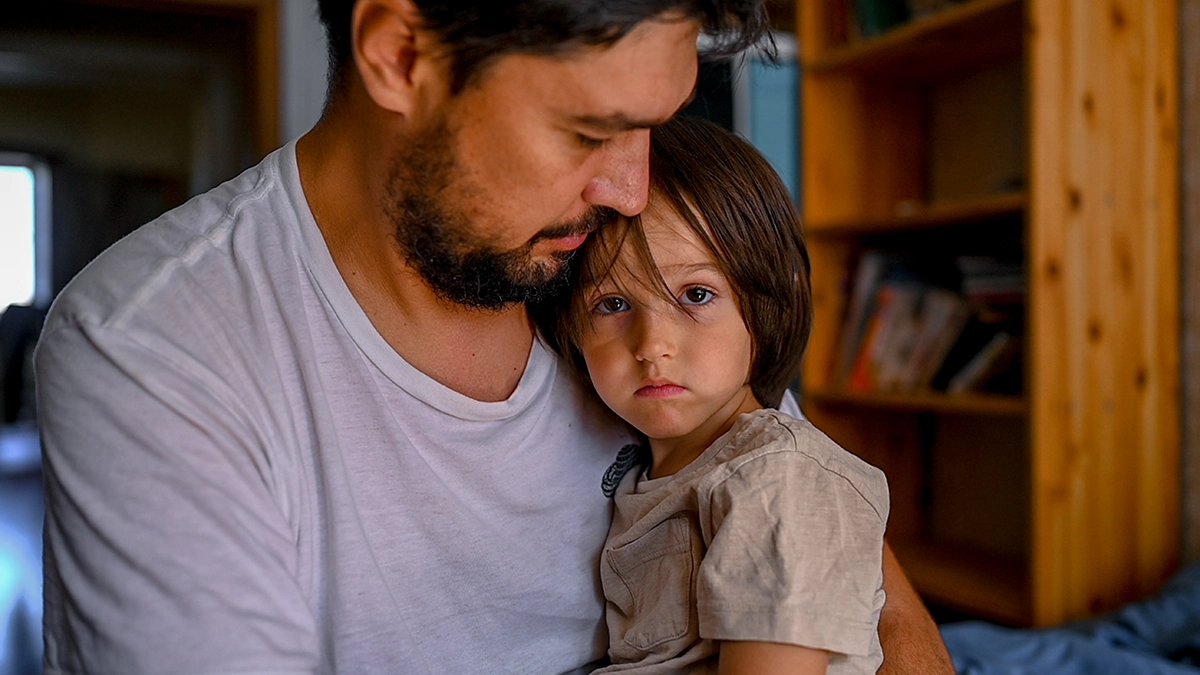Austin Child Custody Attorney Who Fights Smart and Fair
Nothing matters more than your relationship with your child. Custody disputes during divorce, post-decree modifications, or emergency situations all demand more than just a family lawyer. You need a strategic advocate who understands both the courtroom and the complexities of Texas state law.
Ben Carrasco is a board-certified Austin custody lawyer with a Stanford education and years of experience litigating complex custody disputes across Central Texas. His reputation for precision and courtroom tenacity makes him a formidable force in Texas conservatorship litigation.

Contact The Law Office Of Ben Carrasco, PLLC
We live by our commitment to zealous advocacy and are passionate about your case. Whether you need assistance with a high-conflict divorce or a custody modification, our smart and responsive approach is designed to yield a positive outcome for you. Don’t hesitate to reach out.

Understanding Child Custody in Texas
Texas courts use the term “conservatorship” to refer to legal custody. The court’s mandate is always to act in the best interest of the child (Holley v. Adams), and the law presumes both parents should share rights unless that would harm the child.
Common Arrangements Include:
- Joint Managing Conversatorship (JMC)—Default under § 153.131(b), but not equal possession.
- Sole Managing Conversatorship (SMC)—Awarded when one parent poses a danger or is unfit.
- Possessory Conservator—Parent with access right but no decision-making power.

Legal Rights and Parental Duties in Texas Custody Orders
Texas custody orders assign legal rights and duties and vary depending on whether parents are joint or sole managing conservators.
Common legal rights include:
Making decisions about the child’s education/medical care
Determining the child’s primary residence
Managing the child’s estate/passport
Receiving child support (usually assigned to the primary parent)
During periods of possessions, both managing and possessory conservators have duties to care for, support, and reasonably discipline the child. These include providing food, clothing, shelter, and non-invasive medical care.
How Texas Courts Decide Custody: Key Factors That Matter
Texas courts apply the “best interest of the child” standard in every custody case. They examine a range of specific factors, including:
Stability of the Home Environment
Judges assess the safety, structure, and consistency of each parent’s household.
Parenting History and Involvement
The parent who has consistently managed the child’s day-to-day needs (such as school, healthcare, and discipline) often has an advantage.
Mental and Physical Health
Diagnosed mental health issues, substance abuse, or serious medical conditions can impact a parent’s ability to meet the child’s needs.
Siblings and Extended Family Ties
Courts look at whether maintaining sibling bonds or connections to extended family will support the child’s well-being.
Educational and Social Community
Preserving the child’s current school, friendships, and routines is often prioritized, especially in close cases.
Custody litigation is not decided by one factor alone. Courts consider the full picture, often relying on expert input from custody evaluators, therapists, or a guardian ad litem.
A strong legal strategy means understanding which facts carry the most weight in your jurisdiction and presenting those facts with clarity.
High-Stakes Custody Issues We Handle

Rebutting Joint Conservatorship
We present clear and convincing evidence when one parent cannot safely co-parent.
Post-Divorce Modifications
When circumstances change, we seek modifications under § 156.101.
Emergency Protective Orders
We act swiftly when abuse, neglect, or danger is present.
Custody for Unmarried Parents
We help establish paternity and assert parental rights under § 160.301.
Quick legal action is key, especially if your child’s well-being is at risk. Ben Carrasco takes swift, strategic steps to protect your parental rights.
Why Parents Trust Ben Carrasco
- Elite Legal Credentials—Stanford Law graduate who is board-certified in family law.
- High-Conflict Experience—Adept at cases involving alienation, abuse, and mental illness.
- Trial-Ready Advocacy—Every custody case is built with litigation in mind.

Frequently Asked Questions
What’s the difference between joint and sole custody in Texas?
Joint managing conservators share parenting rights, though one parent may still have the exclusive right to determine the child’s primary residence. Sole conservatorship grants more decision-making authority to one parent.
Can fathers get primary custody in Texas?
Courts evaluate both parents under the same “best interest of the child” standard. Gender is not a determining factor.
Can a custody order be changed?
Modifications require showing a material and substantial change in circumstances and that the change benefits the child, per Texas Family Code § 156.101.
What happens if my ex violates the custody order?
Violations can lead to enforcement actions, including contempt proceedings. Courts may impose fines, makeup time, or even jail time for serious noncompliance.
Get Strategic About Your Custody Case
If your parental rights are on the line, there’s no room for mistakes. Get legal guidance that’s both compassionate and courtroom-tested.
Call xxx-xxx-xxxx or fill out the form to schedule your confidential consultation today.

